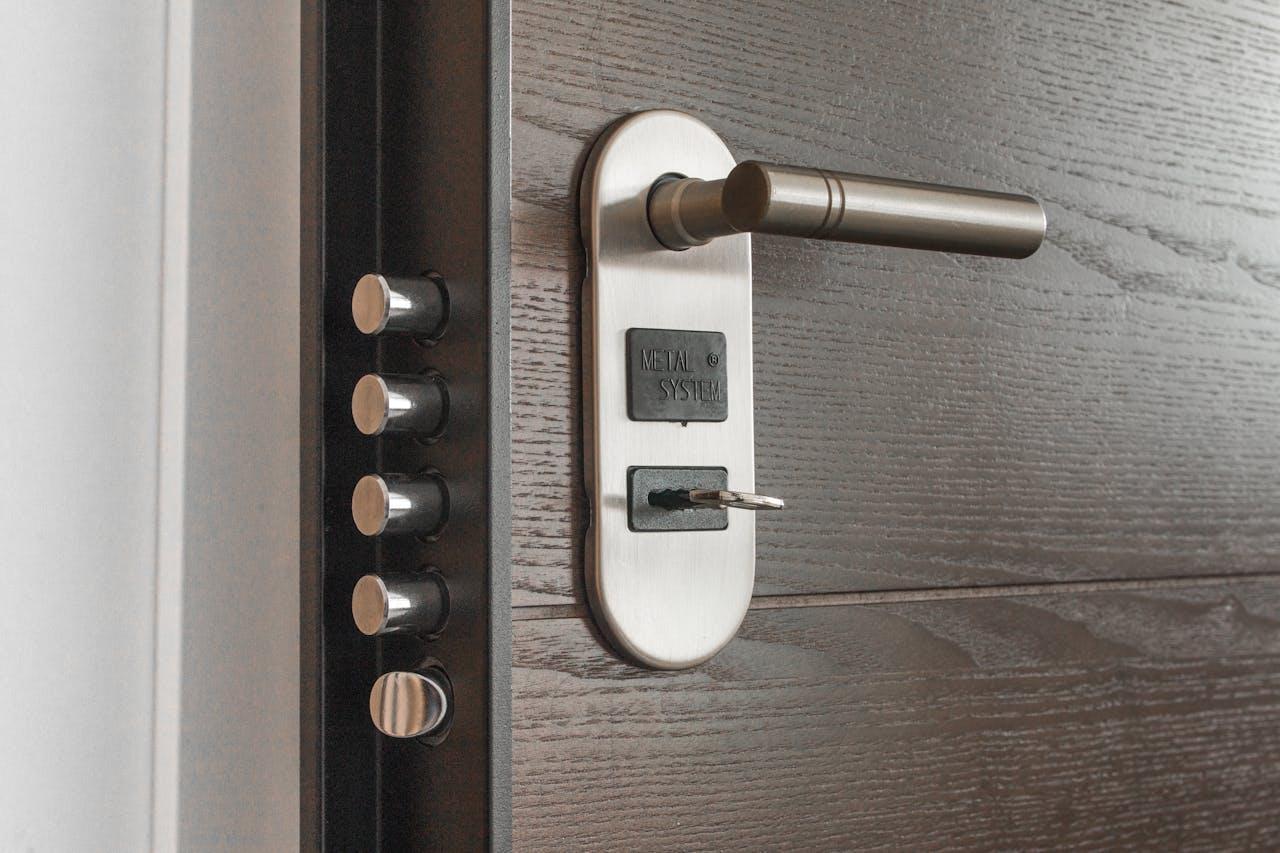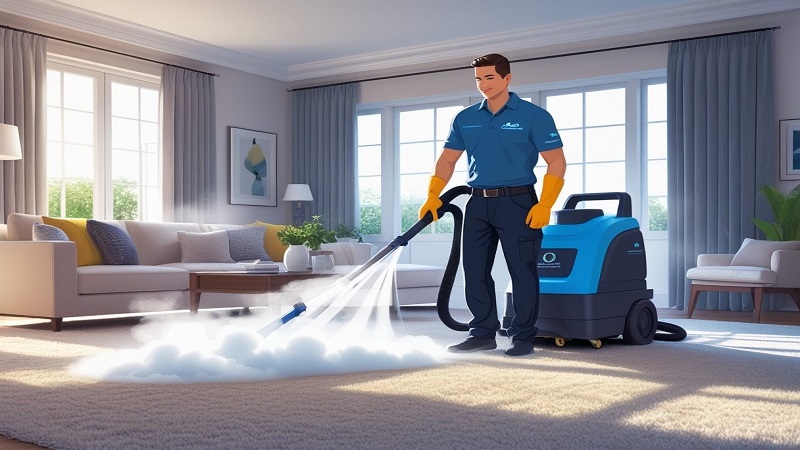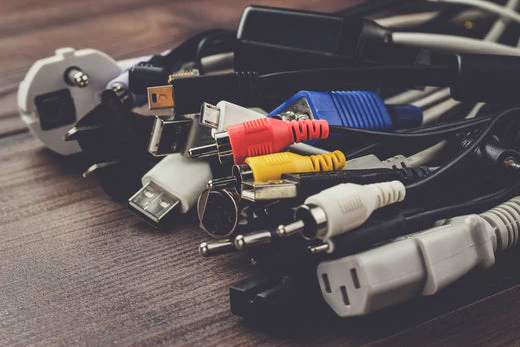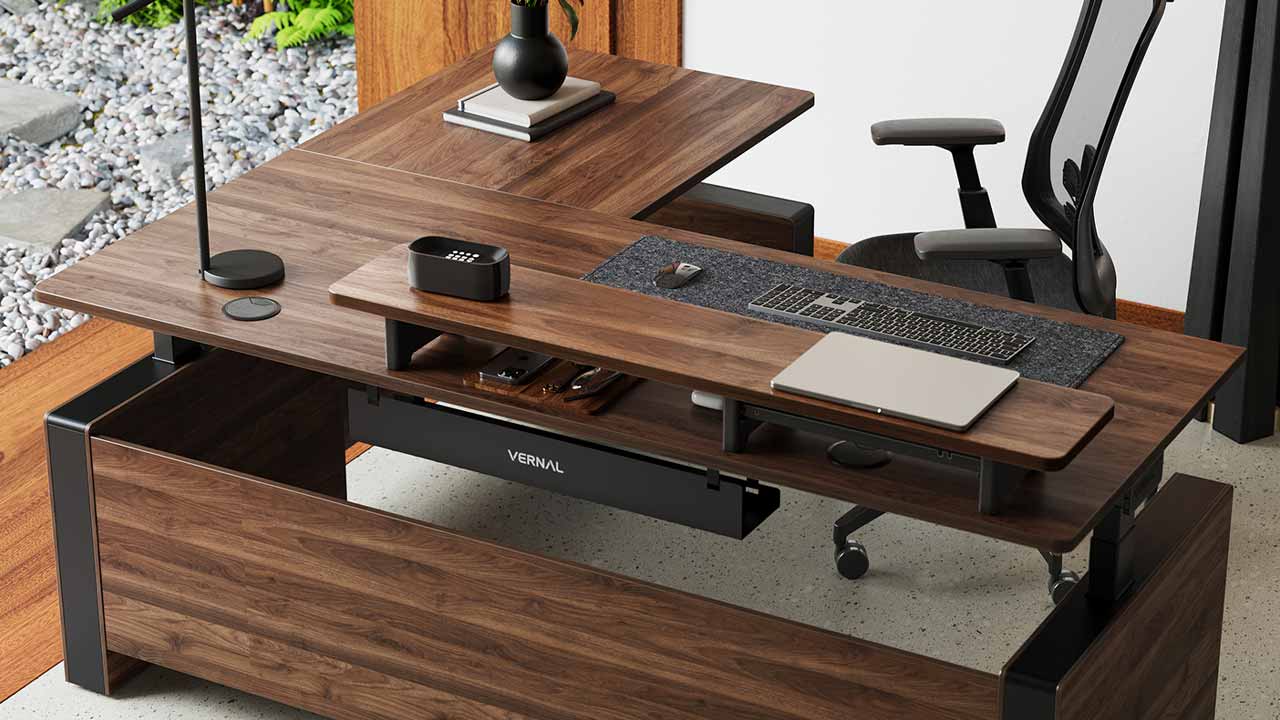Deadbolts are one of the most effective ways to protect your property. There are several types available, with each one offering unique benefits, and choosing the right one can make a difference in your security and how easy it is for everyday use. But not all deadbolts are created equal so how do you find the best fit for your home or property?
What Is a Deadbolt?
A deadbolt is a type of lock that provides extra security compared to standard spring-loaded locks. Deadbolts require a key or something like a thumb turning knob to unlock. This mechanism makes them highly resistant to break-ins, giving you and your family peace of mind. They are different to spring locks which are more easily manipulated or forced open.
There is a range of deadbolt types available, so you can choose one that best meets your security needs.
Single Cylinder Deadbolt
A single-cylinder deadbolt is one of the most common and straightforward types. It has a keyhole on the outside and a thumb turn on the inside. This allows you to lock or unlock the door from inside without a key.
These are great security options and easy to use because there’s no need for a key when inside.
However, if there’s a window near the door, an intruder could break the glass and reach in to turn the lock.
Double Cylinder Deadbolt
This combats the potential shortfall for a single cylinder deadbolt. A double-cylinder deadbolt requires a key to unlock from both the inside and outside, which provides an added layer of security, especially on doors with glass panels. This type of lock is much more secure in preventing a break-in through nearby glass.
As with any key lock, there is a safety risk in an emergency if a key isn’t easily accessible.
Keyless or Electronic Deadbolt
Keyless or electronic smart deadbolts allow entry without a traditional key. These locks typically operate via a keypad where you enter a code, fingerprint or you can control them remotely via an app.
They’re especially popular for those who want complete control over home access and the ability to lock or unlock doors from anywhere. They’re also convenient for people who often misplace keys or if you need to allow access to certain people.
The typical scenario for keyless entry is busy households, rental properties, or business properties that require multiple access.
How to Choose the Right Deadbolt
So which one is right for you?
Choosing the right deadbolt depends on your security needs, lifestyle, and budget. But in most cases any deadbolt will be a good choice.
If you live in a high-risk area, consider a double-cylinder or smart deadbolt for added protection. For lower-risk areas, a single-cylinder lock will probably be sufficient. If there’s glass nearby, a double-cylinder lock will offer extra security.
If you want ease of access, a single-cylinder or electronic lock will work well.
Basic deadbolts tend to be budget-friendly, while smart deadbolts come at a higher price.
If you need help, or high security is a must call a professional. A quick search for ‘locksmith near me’ will show you a range of locksmiths to advise you on proper security for your situation.
Installation and Maintenance Tips
Not all doors are suitable for a deadbolt.
Deadbolts require a minimum door thickness to function effectively, typically around 1.75 inches. Thinner doors (like older wooden or interior doors) may not support the deadbolt’s hardware.
Deadbolts are also best suited for solid wood, metal, or composite doors. Hollow-core or lightweight interior doors aren’t secure enough, as they can be easily broken or drilled through.
Some exterior doors come pre-drilled for deadbolts, which makes installation straightforward.
To ensure your deadbolt provides maximum security, get professional installation.
A locksmith can guarantee that the deadbolt is aligned correctly and functions as it should and any lock that isn’t installed properly can invalidate your insurance.
A bit of maintenance will also go a long way for your door locks. Regularly lubricate the lock mechanism with graphite or silicone-based lubricants, or according to the manufacturer’s recommendations.
Check for alignment issues if the lock becomes hard to turn and if there’s any problem, call for a professional to prevent further damage. Or call an emergency locksmith if the door won’t close.
And if it’s a smart deadbolt, replace the batteries as needed.
Final Thoughts
Deadbolts are brilliant locks for securing any home or business, and choosing the right one doesn’t need to be difficult. Whether you need a basic single-cylinder deadbolt or a high-tech smart lock, the right choice will depend on your security requirements, lifestyle, and budget.
If you’re unsure which deadbolt is best for you, consider consulting a locksmith. A professional can help you weigh the pros and cons and find the best option to keep your home safe and secure.





